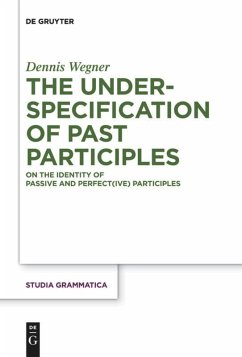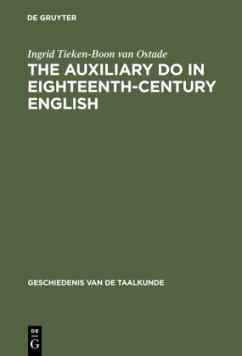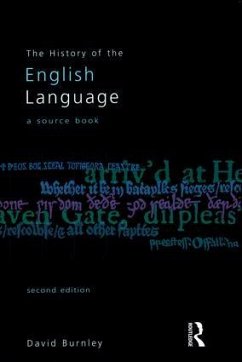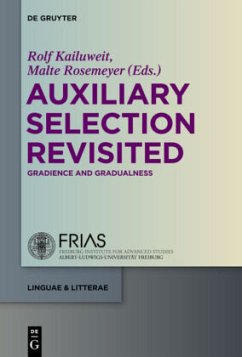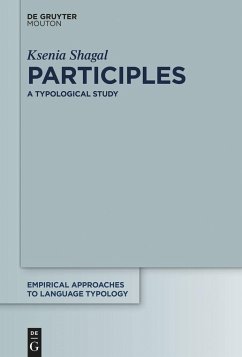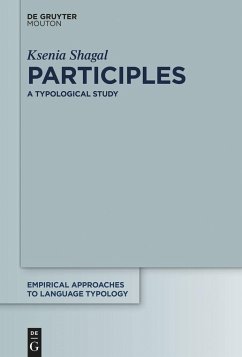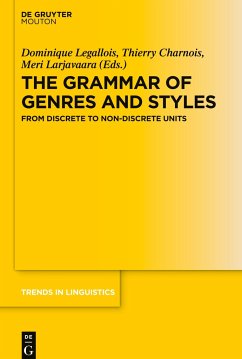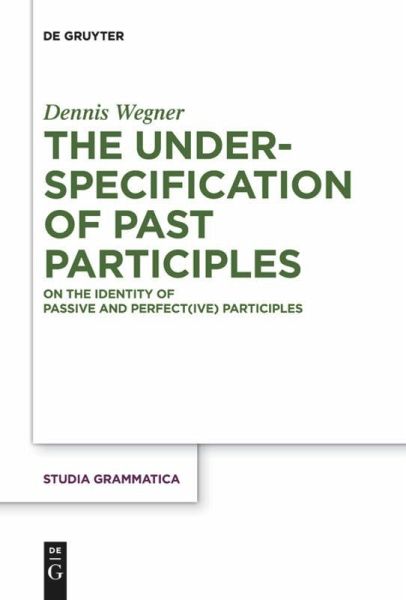
The Underspecification of Past Participles
On the Identity of Passive and Perfect(ive) Participles
Versandkostenfrei!
Versandfertig in 6-10 Tagen
109,99 €
inkl. MwSt.
Weitere Ausgaben:

PAYBACK Punkte
55 °P sammeln!
Are the past participial forms that occur in passive and perfect periphrases substantially identical or should they rather be distinguished into accidentally homophonous passive and perfect(ive) participles? This book discusses the long-standing mystery of past participial (non-)identity on the basis of a broad range of synchronic data from Germanic and Romance, eventually focussing on German and English as these draw the most relevant distinctions (e.g. auxiliary alternation, a passive auxiliary that is not BE). Together with some contrastive insights from Slavic as well as the diachrony of p...
Are the past participial forms that occur in passive and perfect periphrases substantially identical or should they rather be distinguished into accidentally homophonous passive and perfect(ive) participles? This book discusses the long-standing mystery of past participial (non-)identity on the basis of a broad range of synchronic data from Germanic and Romance, eventually focussing on German and English as these draw the most relevant distinctions (e.g. auxiliary alternation, a passive auxiliary that is not BE). Together with some contrastive insights from Slavic as well as the diachrony of passive and perfect periphrases, this clearly points to an identity-view. The novel approach that is laid out suggests that past participles conflate diathetic and aspectual properties. The former cause the suppression of an external argument, whereas the latter impose event-structure sensitive perfectivity, which only induces the completion of a situation if the underlying eventuality denotes a simple change of state. An approach along these lines sheds light on the intricate properties of past participles and the auxiliaries they occur with, the determinants of auxiliary selection as well as the interplay of argument and event structure.





